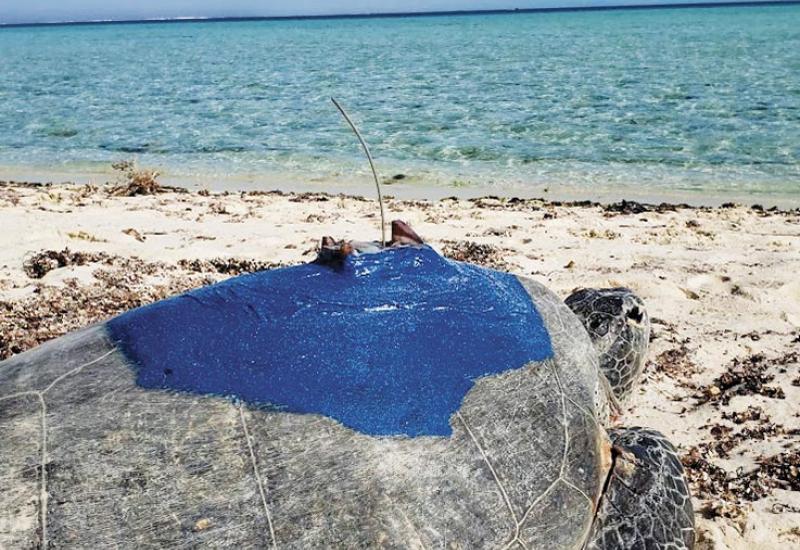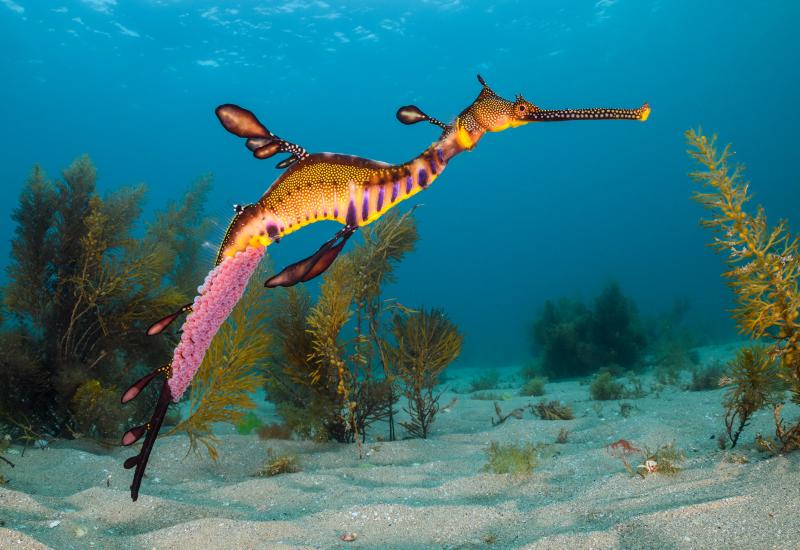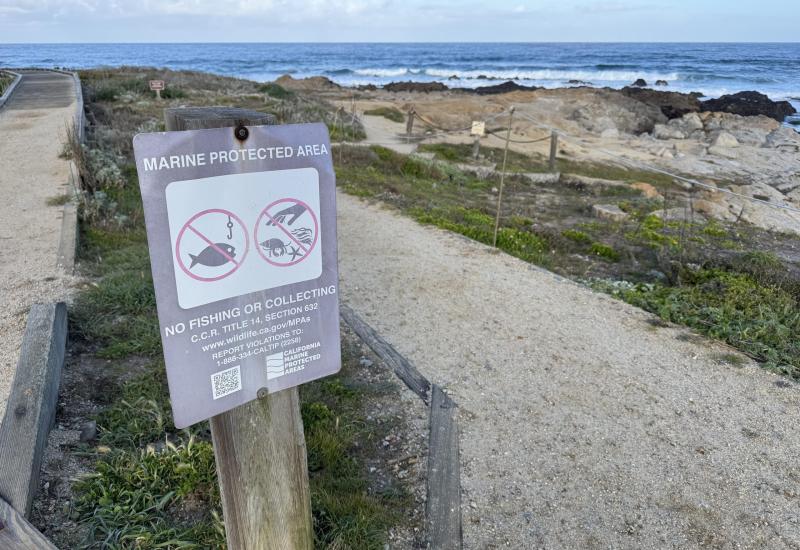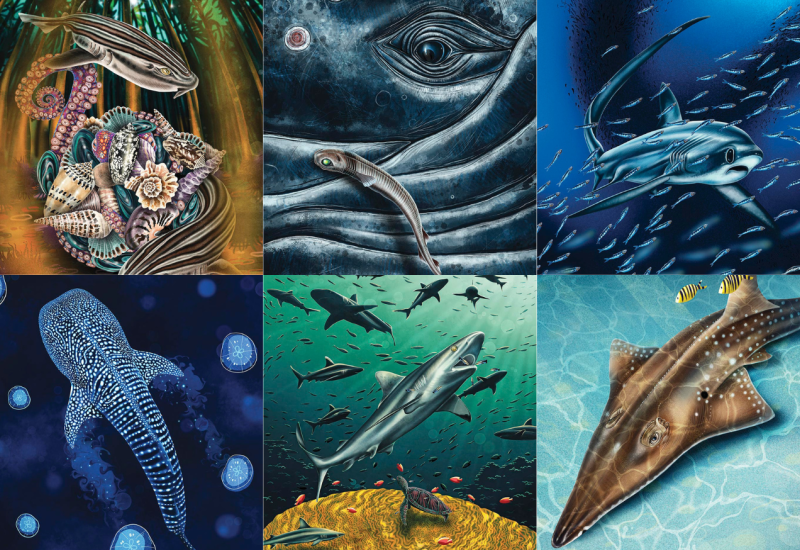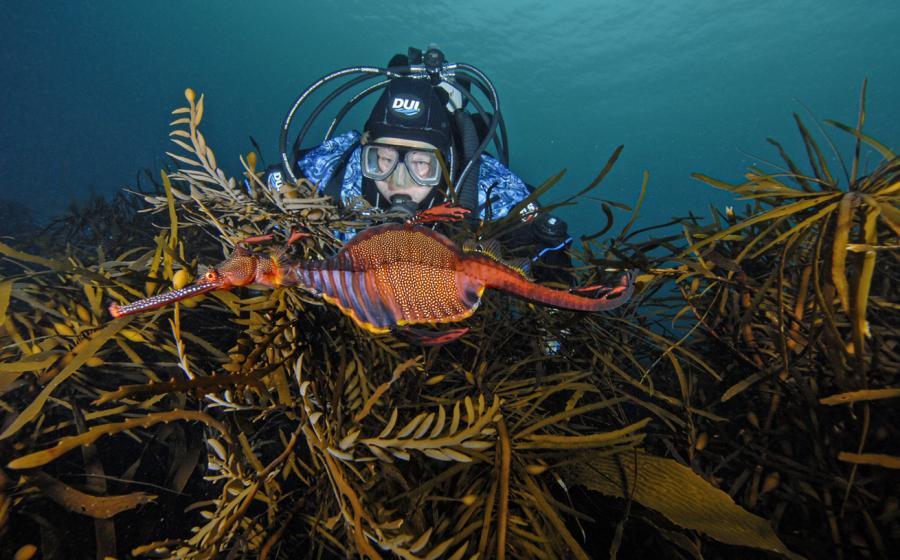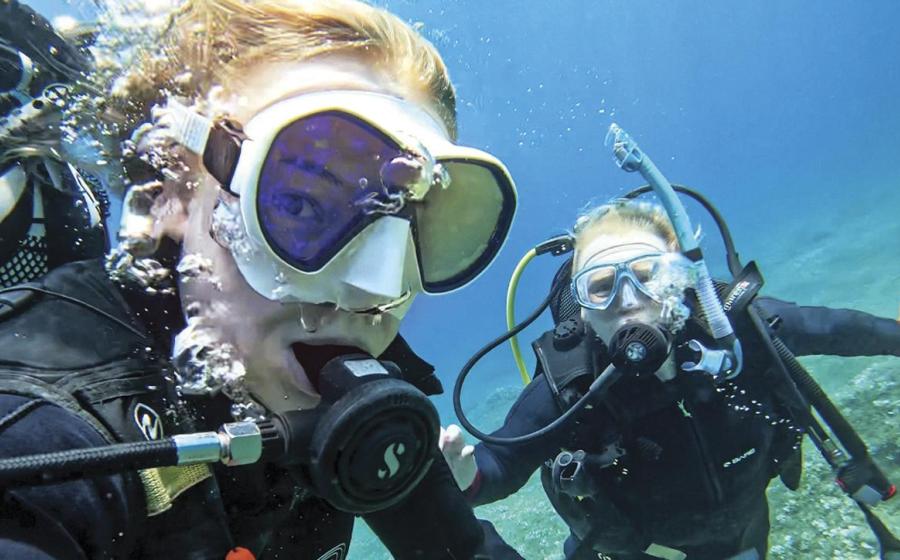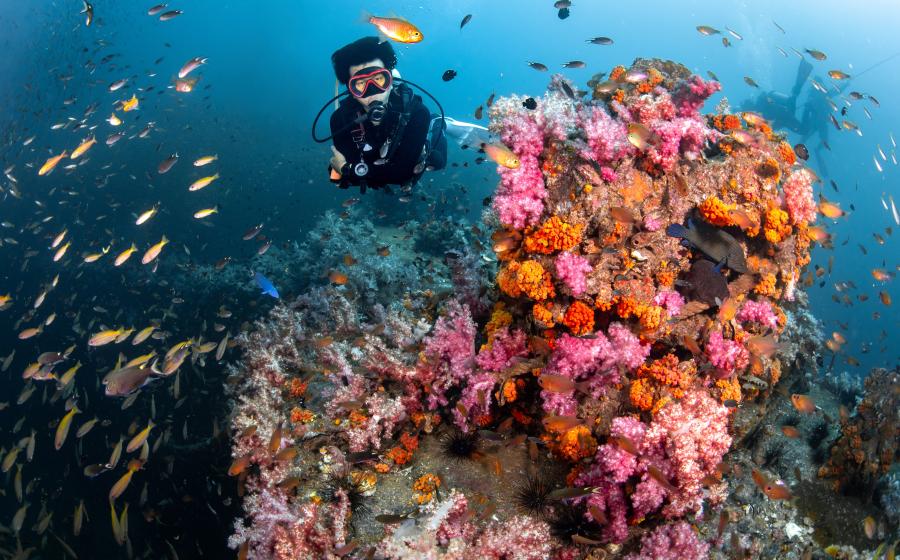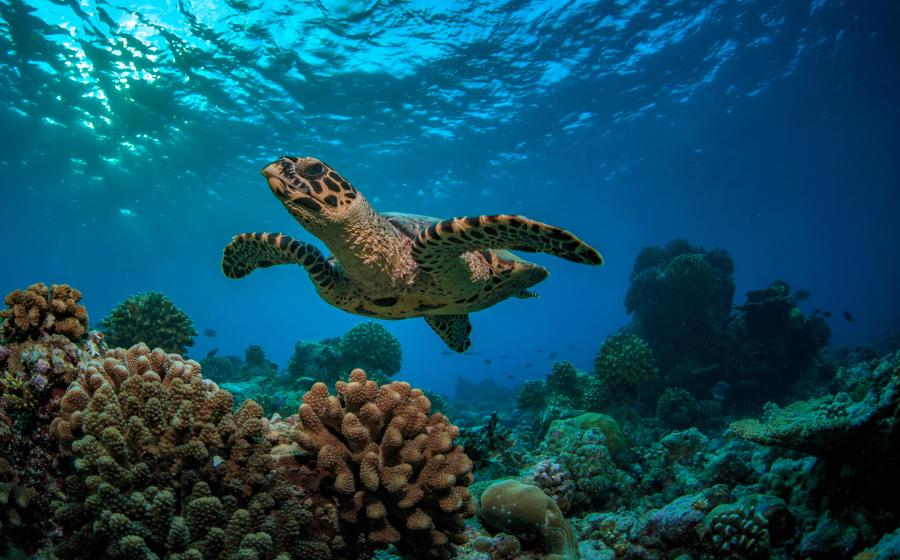Orcas, Killer Whales Facts and Photos
Despite their name, killer whales are very social, sophisticated and smart animals. Check out these 12 facts about orcas, and get to know them outside the tank!

iStockOrcas: A mother and her calf
A mother and calf orca
1. Females give birth to a single calf every three to seven years, after a 17-month pregnancy.
2. There has never been a documented attack on a human by a wild orca.
3. Orcas (Orcinus orca), also known as killer whales, are the largest member of the dolphin family. Males can reach 30 feet in length.
Related Reading: Orgcas: The Women Uniting to Save Sharks

iStockInteresting facts about orcas
4. Orcas feed on a range of fish and marine-mammal species from herring to gray whales.
5. One-hundred and three years is how old some researchers believe the orca “Granny” from the northeast Pacific to be, in which case she’s witnessed two world wars.
6. Orcas live in stable, matriarchal social groups, led by the pod’s oldest female.

iStockOrca with a large dorsal fin.
7. Orcas have the longest post- reproductive life span of any nonhuman animal. Females stop having babies in their 30s or 40s but often live into their 90s.
8. Currently, there are 57 orcas held in captivity globally, across 14 zoos, in eight countries.
9. Once past breeding age, orcas help ensure the survival of their adult offspring by helping them hunt and providing backup during fights.
Related Reading: 8 Best Places for Shark Encounters

iStockOrca hunting seals on the shore.
10. A male orca’s dorsal fin can reach 6 feet, taller than the average man. A female’s is only half this height.
11. Although toxic PCB chemicals were banned in the 1970s, they are expected to remain at dangerous levels within the tissues of certain orca populations until 2063.
12. Young orcas undergo apprenticeships to learn complex tasks, such as intentional stranding used to catch elephant seals.

